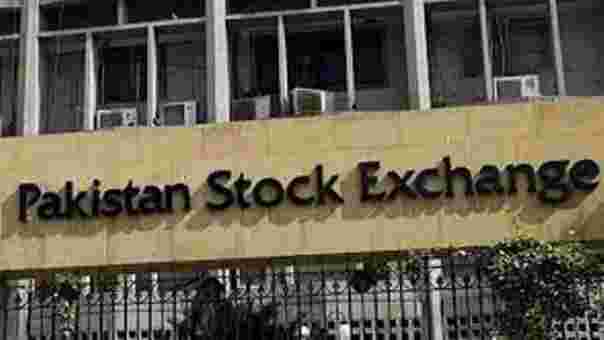Karachi, June 17, 2025 — The benchmark KSE-100 index of the Pakistan Stock Exchange (PSX) witnessed a notable decline on Tuesday, shedding 254 points as persistent geopolitical uncertainties rattled investor confidence.
The index closed at 121,971 points, down from the previous day’s close of 122,225 points, marking a 0.21% drop.
According to analysts at Topline Securities Limited, the PSX experienced a highly volatile trading session, largely influenced by negative global cues and concerns over escalating geopolitical tensions in the Middle East. The KSE-100 index fluctuated within a wide intraday range, surging as high as 666 points before plunging to a low of 409 points, ultimately settling in the red.
The escalating conflict between Iran and Israel has created an atmosphere of global uncertainty, causing unease in financial markets, especially in emerging economies. Pakistan’s stock market was no exception, as the geopolitical instability prompted investors to adopt a wait-and-see approach. Caution prevailed throughout the day, dampening any attempts at a sustained rally.
Despite the broader bearish trend, a few index-heavy stocks offered some resistance. UBL, HBL, Systems Limited (SYS), and Oil and Gas Development Company (OGDC) collectively contributed 219 positive points to the KSE-100 index. However, these gains were more than offset by losses in major scrips such as Pakistan GasPort Limited (PKGP), Lucky Cement (LUCK), Engro Corporation Holdings (ENGROH), and Hub Power Company (HUBC), which together pulled the index down by 291 points.
Market participation remained robust, with trading volumes crossing 1.14 billion shares and total traded value reaching PKR 27.9 billion. WorldCall Telecom (WTL) led the volume charts with a staggering 239 million shares changing hands, reflecting continued retail investor interest in high-volume stocks despite broader geopolitical concerns.
Analysts believe that the KSE-100 index may continue to face pressure in the coming sessions as investors closely monitor international developments. The persistence of geopolitical risks and fluctuations in global commodity prices could further dictate market sentiment, keeping the index’s near-term outlook uncertain.
